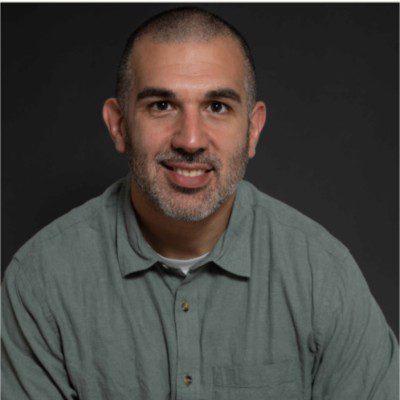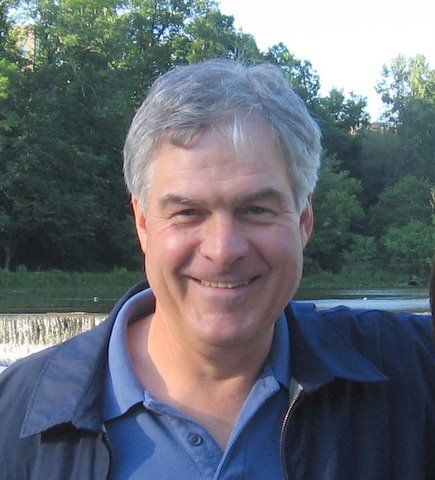"Understanding negative emotions" – Byron Athene
- "Understanding negative emotions" - Byron Athene Terry McMullen 58:24
Byron came to the show saying one of the most provocative and intriguing things someone can say to me. He said he knew the real answer to one life’s important questions. More specifically, he said he could tell me “the real reason negative emotions exist.” I geek out on those type of statements, because firstly, negative emotions often suck. Fear, anger, sadness, shame, guilt–they do not feel nice, so having a true understanding of them seems pretty useful. Secondly, I don’t believe anyone has the “real answer” about anything, so this made my Socrates spidey sense tingle.
Fortunately, Byron (who is a mindset coach and psychotherapist- https://www.byronathene.com/) is a pretty reasonable person. He quickly hedged to say it is possible he is wrong, but based on his analysis, he believes he has the answer. Good enough for me, so we dove in and started exploring his theory.
To cut to the chase, Byron believes we developed negative emotions as babies because we had no other way to communicate that we had a need (e.g., food, medicine, warmth, etc.). From an evolutionary perspective, we needed these emotions to express our needs, get them met, and continue living. The problem, and the major philosophical insight, that Byron tries to work with his clients on, is that we were never able to turn off this programming. Now as adults, we still implicitly believe that negative emotions will help us get things, but now we use them to try to get things we want/desire vs. things we need.
I am not sure if Byron has THE answer on negative emotions, but we did spend a lot of time examining some competing theories to check. This episode took the pressure testing concept to a whole new level. We talked about negative emotions being functional for motivation and/or being necessary for us to experience positive emotions; and all of this led to some really thought provoking philosophical discussions. What role does suffering play in our lives? Would we better off if we never felt negative emotions, no matter how bad the tragedy? All super interesting things to consider, so a huge thanks to Byron for sharing his views.
As always, for those interested in getting more philosophy in their lives or just want to support the cause, please check out my Patreon page- patreon.com/whatsthevalue






























